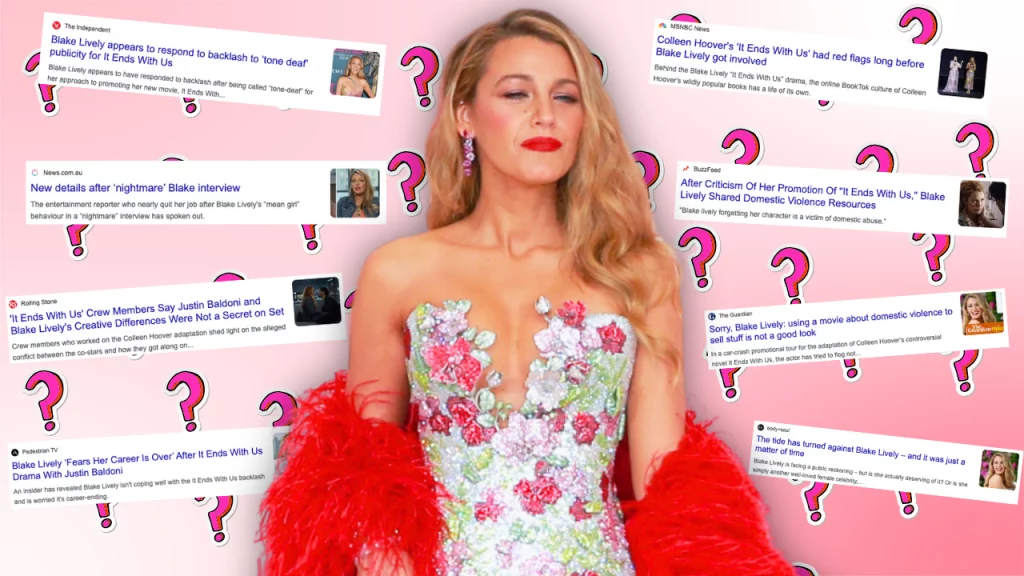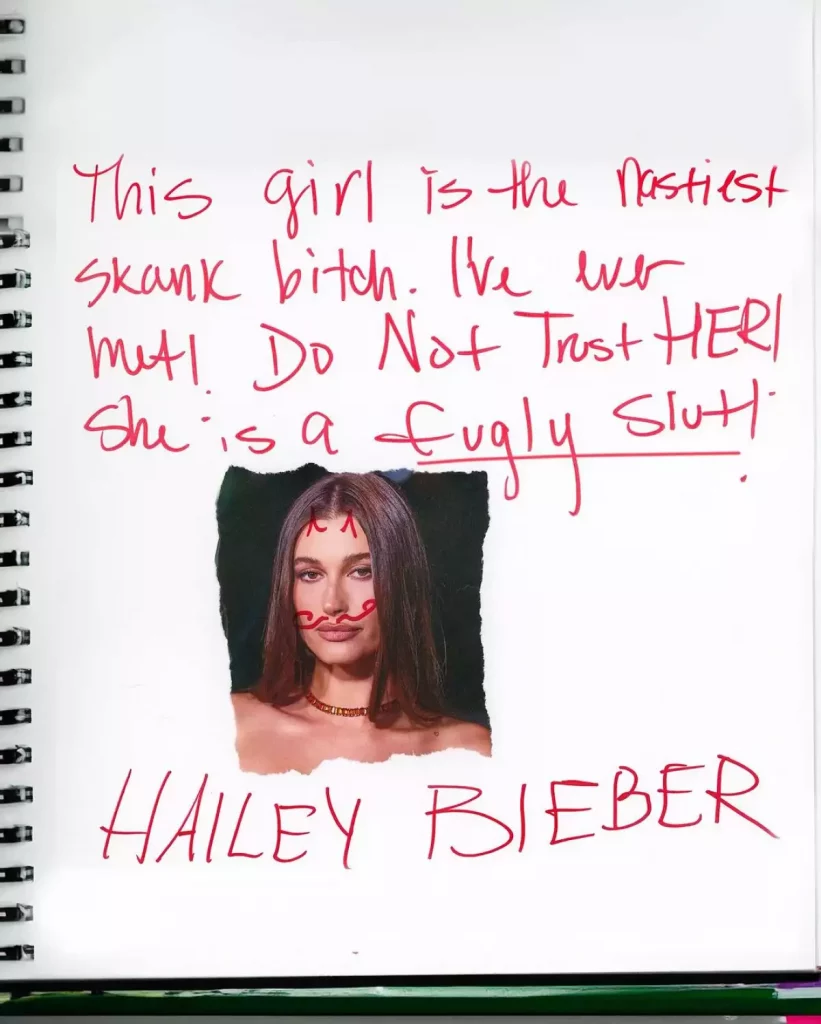A Toilet Was Left Outside Matilda Djerf’s Office—But She’s the Problem? Earlier this year, critics of Matilda Djerf took their grievances to an extreme—someone left a toilet outside her office, a not-so-subtle metaphor for how the internet had decided to treat her. Djerf, the founder of the massively successful Djerf Avenue, had been accused of being too controlling over her own brand. Meanwhile, Hailey Bieber was facing relentless online hate over a presumed feud with Selena Gomez, and Blake Lively was being labeled rude for shutting down interview questions.

None of these so-called controversies would have generated the same outrage if they involved men. But because they concern women—particularly ones who are successful, conventionally attractive, and self-assured—they are treated as scandals. The backlash against them reflects a larger issue: when women display authority and ambition, they are far more likely to be cast as villains.
Mean Girl Trope
Simon Lindgren’s concept of remediation, which describes how digital media repurposes past narratives, is particularly relevant here. The archetype of the “mean girl” has existed for decades in popular culture, from teen films to tabloid media. However, digital platforms have amplified and recontextualised this trope, transforming real women into villains based on selective evidence and speculation.
Bieber’s supposed hostility toward Gomez, for example, was largely constructed through out-of-context social media clips. The assumption of rivalry between two women, despite little substantive evidence, mirrors long-standing media narratives that frame female celebrities as adversaries. Similarly, Djerf’s reputation as “controlling” reflects discomfort with women asserting authority in business, a space where male dominance is often unquestioned. Meanwhile, Lively’s perceived rudeness in interviews would likely be dismissed as artistic temperament if she were a male actor.
These patterns align with media logic, another concept Lindgren discusses, which suggests that digital platforms favour certain narratives that drive engagement. The portrayal of a successful woman as cold, calculating, or ungrateful generates controversy, ensuring continued attention and interaction. Whether the characterisation is fair becomes secondary to its effectiveness in sustaining online discourse.

Digital Witch Hunt
The backlash against Bieber, Djerf, and Lively highlights a broader cultural contradiction. Women are encouraged to be strong and independent, yet when they display traits traditionally associated with power, they are often subject to intense scrutiny. Their success is tolerated only if accompanied by excessive humility, warmth, and likability—expectations that are not placed on men to the same degree.
Public criticism is not inherently unwarranted, but the uneven application of these judgments suggests an ingrained bias. If Bieber’s actions warrant cancellation, why do male celebrities frequently engage in similar behaviour without consequence? If Djerf’s business decisions are problematic, why are male entrepreneurs praised for the same level of control? If Lively’s attitude is unprofessional, why are male actors admired for their dismissiveness?
Rethinking the Narrative
Rather than uncritically accepting digital media’s portrayal of women in power, it is necessary to question why certain narratives persist. The fixation on the “mean girl” trope reflects outdated ideas about how women should behave, repackaged for the social media age. Recognising these patterns is the first step toward challenging them—and resisting the urge to participate in yet another digital-era takedown.



Recent Comments